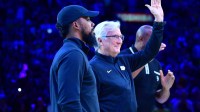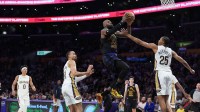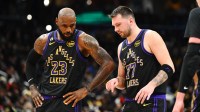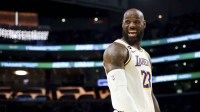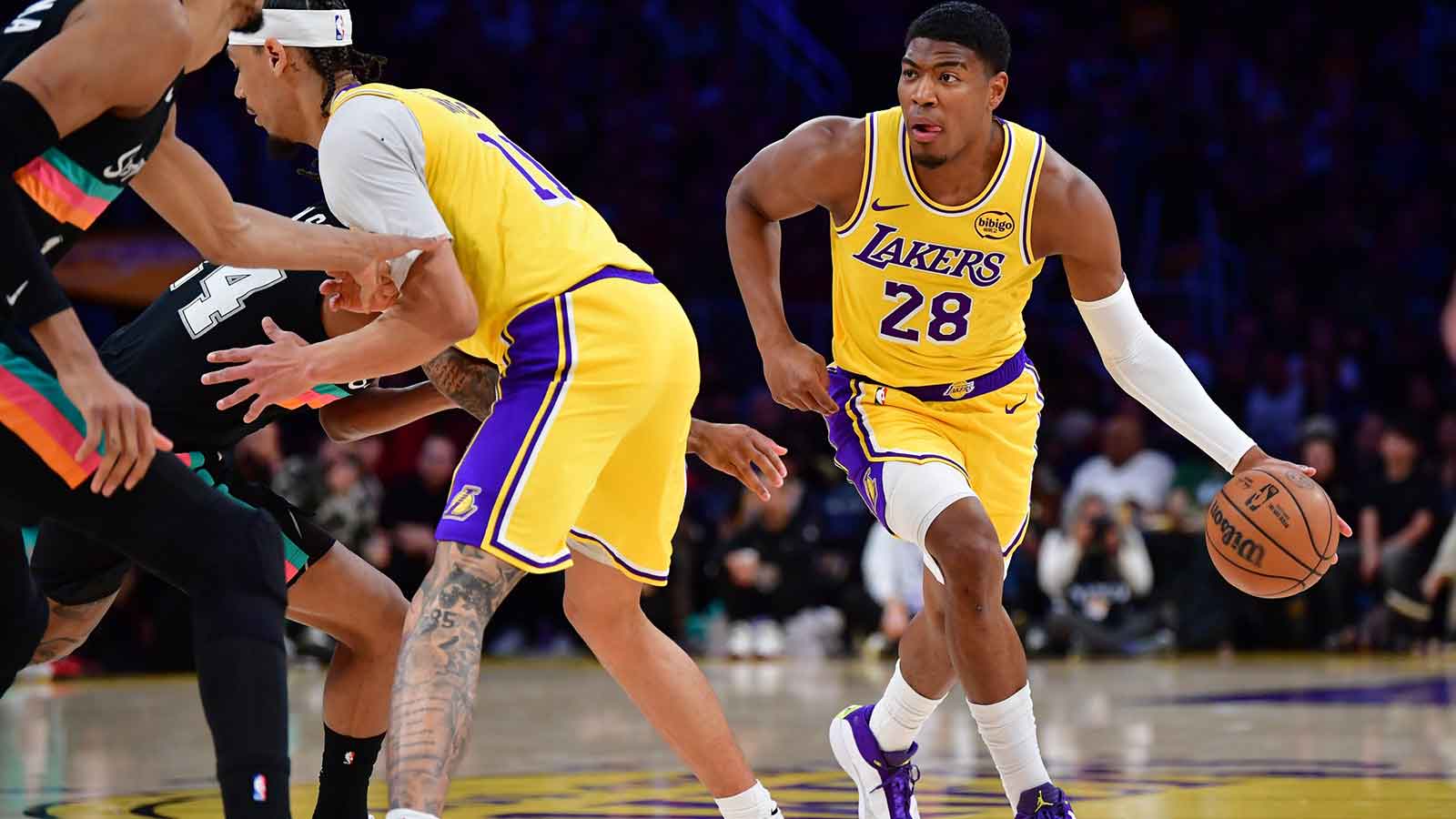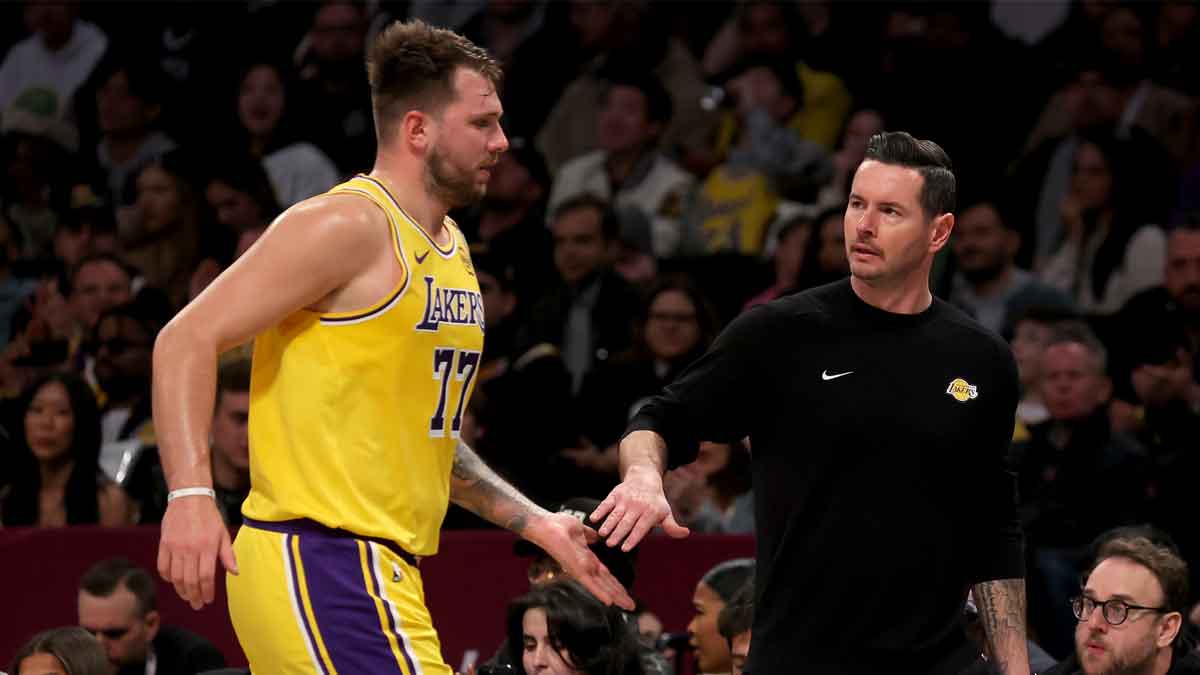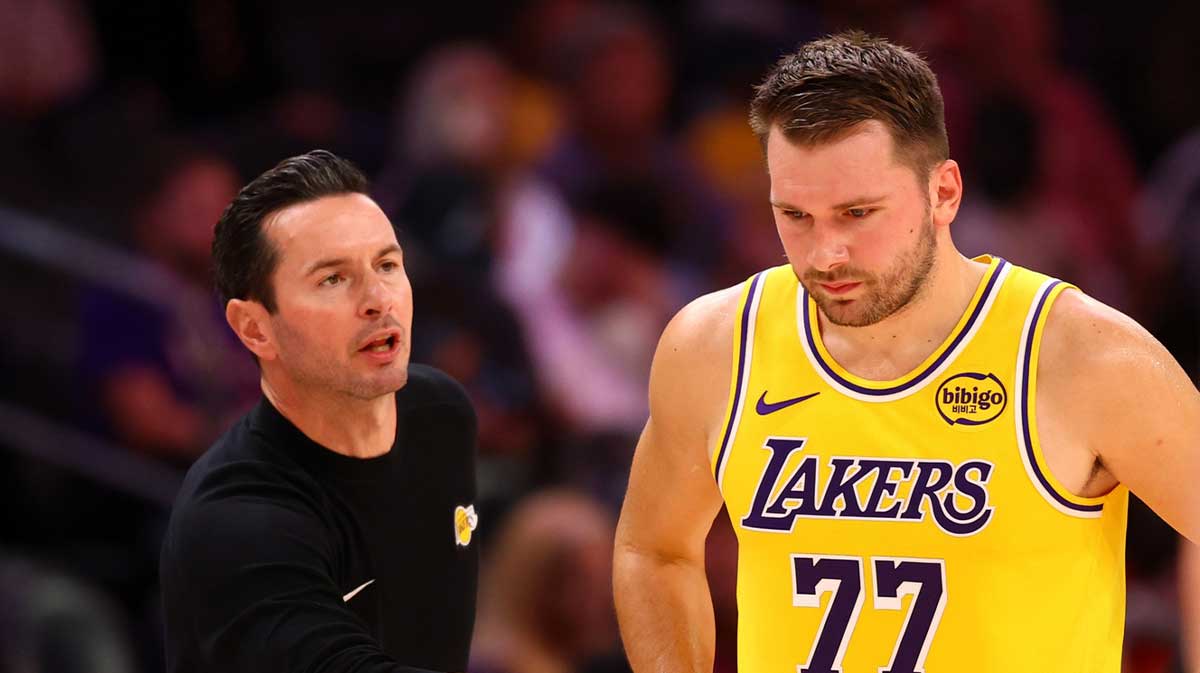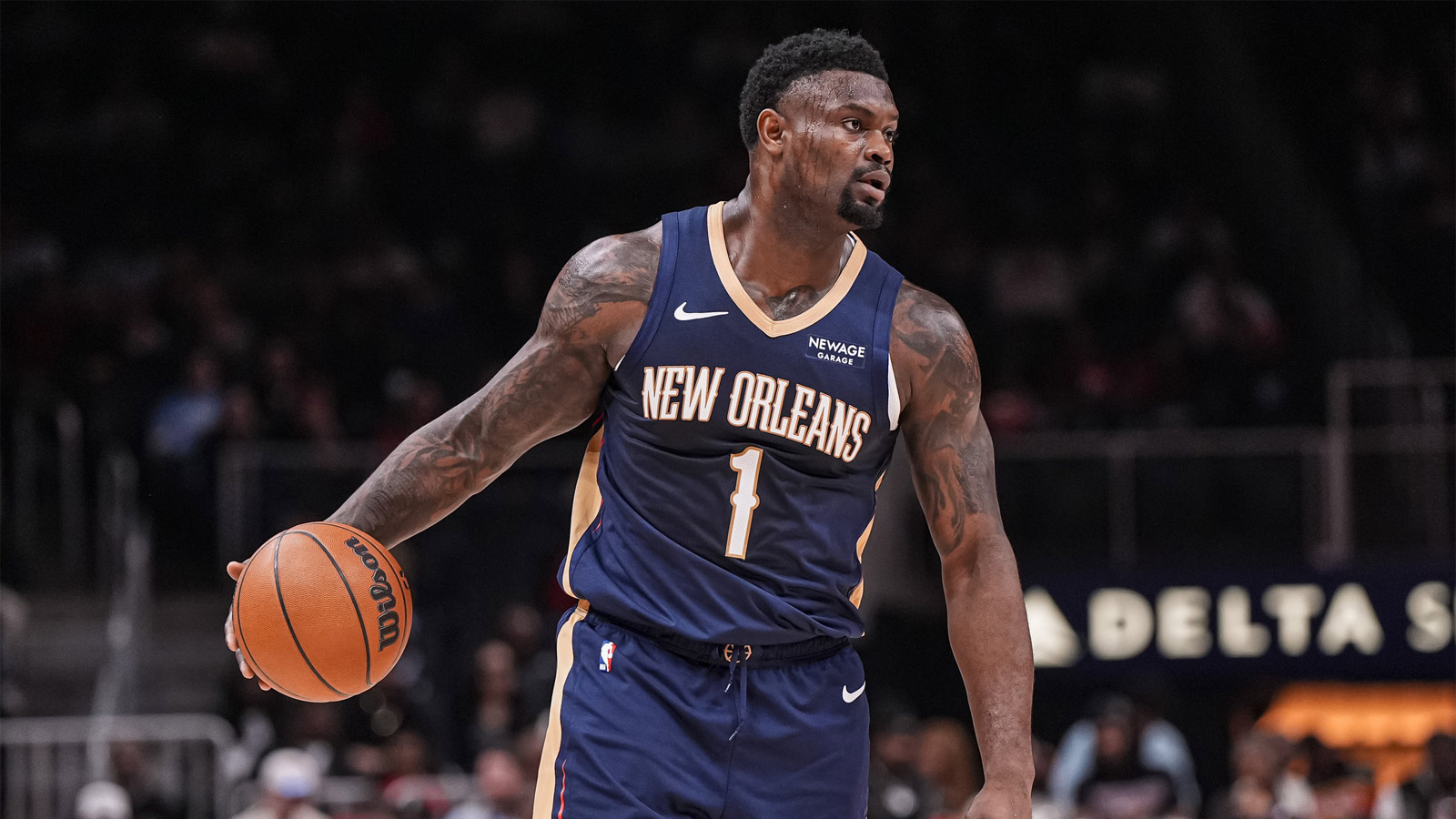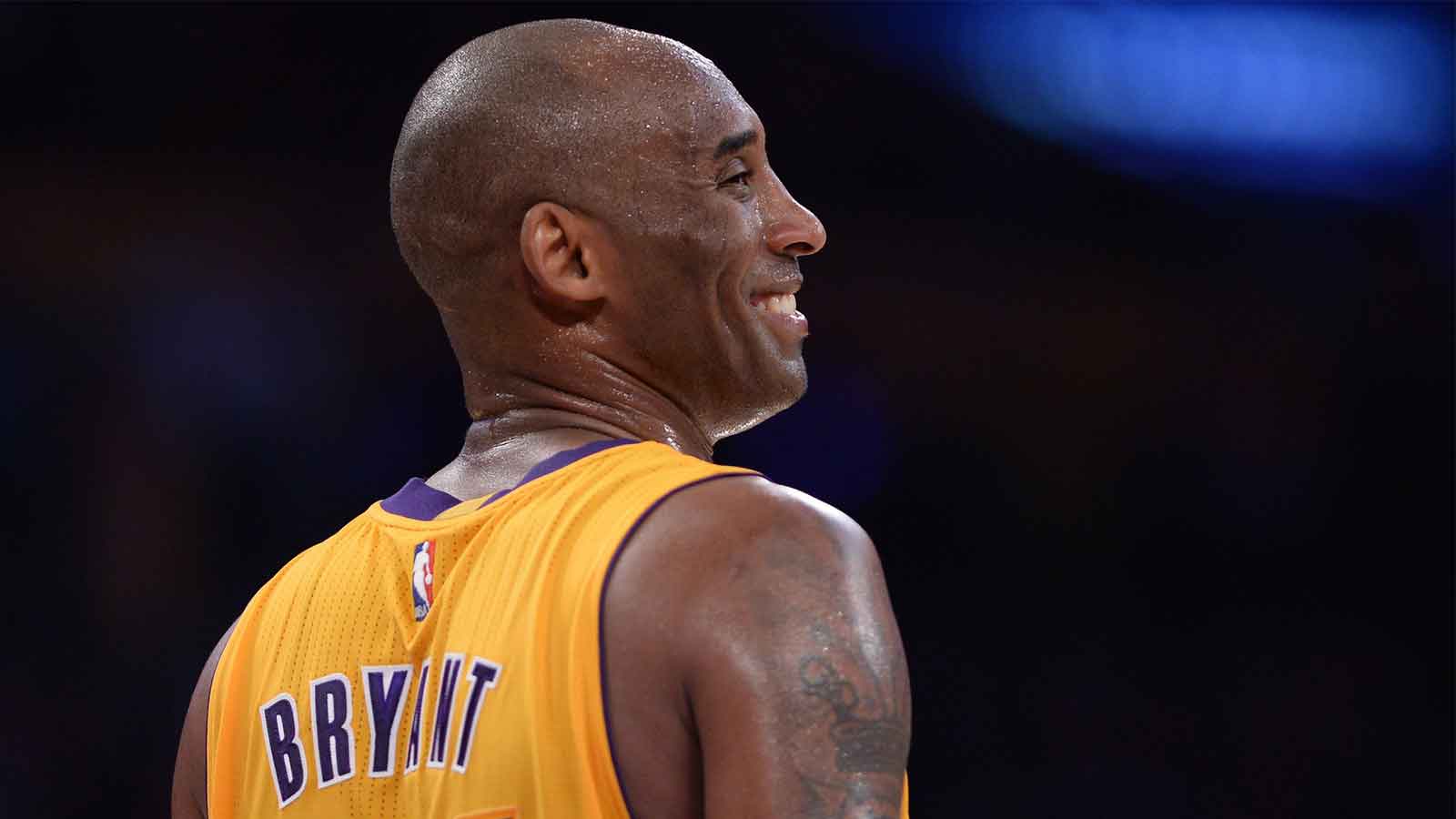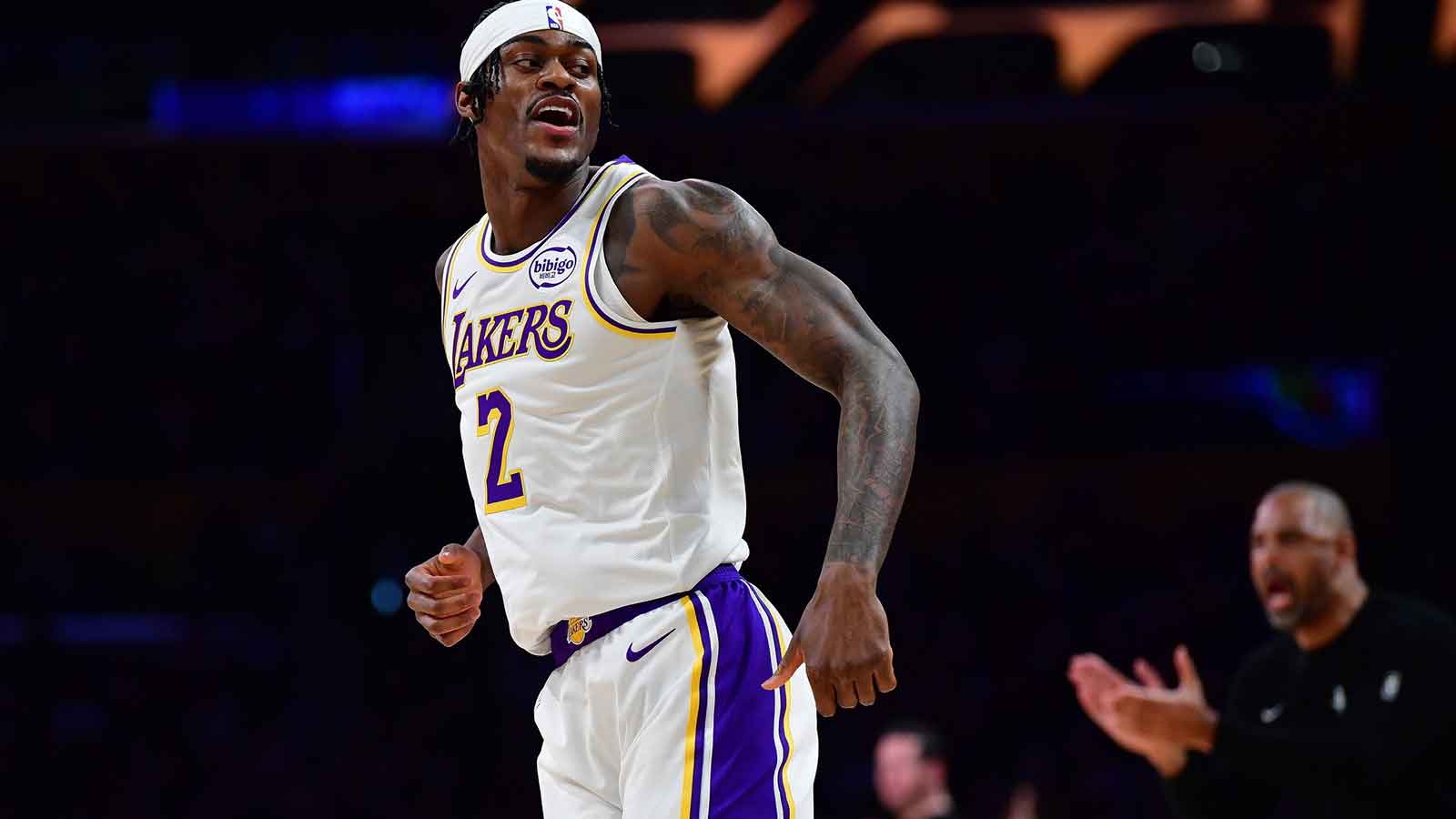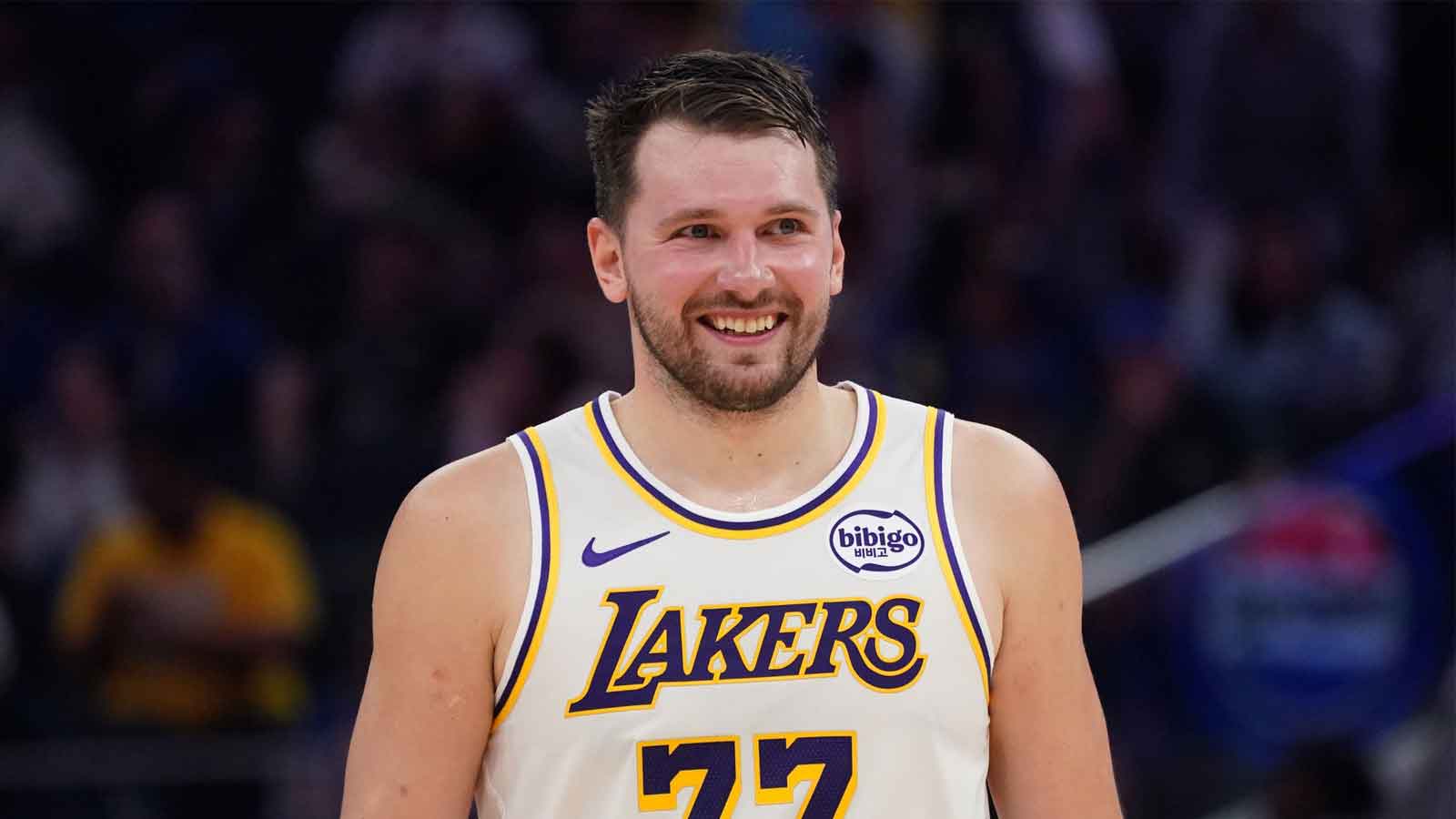Heading into the postseason, it seemed Luka Doncic and LeBron James were flanked by a third star, as Austin Reaves was coming off a season in which he averaged 20.2 points, 5.8 assists and 4.5 rebounds per game with 46/37.7/87.7 shooting splits. Reaves operating as a primary, secondary or tertiary creator was something the Los Angeles Lakers leaned on all season and now, with him struggling against the Minnesota Timberwolves' seemingly endless supply of long, physical athletes, the offense has become a shell of itself.
Minnesota is a bad matchup and there is still technically time (and methods) for Reaves to turn things around, but this would be a brutal final chapter of his great breakout season, just ahead of extension negotiations this summer. So, unfortunately, the question needs to be asked: How might those negotiations go and, if they aren't resolved as the Lakers would like, should they consider trading Reaves?
The answer to that question is tricky. In short, no, I wouldn't trade him. Ideally, the Lakers would get back to using Reaves the way they were while he was breaking out and return to the dynamic offense that get them the third seed in the first place.
If that isn't in the cards, however, it might not make sense to pay someone as much as he's expecting to get when he doesn't fill the needs they need filled.
Let's get the contractual stuff out of the way
Reaves has two years left on his current contract with a player option after next season. He could sign an extension as soon as this summer worth as much as roughly $90 million over four years. Before the playoffs began, it seemed likely that Reaves would turn down that extension without much thought, as it falls well below his regular season production. Most league sources I've spoken to have placed his value between $30 and $33 million per year.
These playoffs have been bad, but, league sources haven't indicated it's been so bad that Reaves should accept even the max extension the Lakers could offer this summer. There has also been no indication from sources closer to the team that the Lakers have changed their stance on offering Reaves the extension, either. All parties involved don't seem likely to be swayed one way or another by a bad matchup against this Minnesota team.
That said, the notion of paying a player north of $30 million who can be taken out of a series the way Reaves has is not particularly comfortable. Yes, Minnesota is particularly well equipped to contain Reaves, but switchy, long athletes don't exactly disappear the deeper you go into the postseason. If Reaves is always going to be this kind of overwhelmed by that athleticism, then it might be enough for some to worry about paying him like a bonafide star.
Who's available?

Any time the conversation on whether a player should be traded comes up, a decent place to start is with the market as it might currently exist. First and foremost, if, say Giannis Antetokounmpo and the Milwaukee Bucks decide their run together has come to a close, then, yes, the Lakers would be ridiculous not to include Reaves in that trade package.
Most around the league believe Kevin Durant might be on the move this summer. If Phoenix demands Reaves, then the Lakers would have to seriously consider it.
Outside of those two names, there aren't many players out there where it would be malpractice for the Lakers to not entertain sending Reaves in a deal.
JJ Redick is hurting Reaves
It also should be pointed out that, in these playoffs, the Lakers have fully committed (to a fault) to Doncic dominating the ball offensively, thus rendering Reaves and even James at times to spotting up while Doncic takes on the player of his choosing. Ideally, they would scale way back on this while James and Reaves are there as options, but if this is indeed the future of the Lakers offense, then maybe it makes sense to bring in players who most closely align with that vision.
Reaves competes defensively, but he is always going to be limited by his athleticism and smaller frame. He also hasn't looked comfortable as a spot-up shooter this series given Minnesota's ability to close out to shooters so quickly. When Reaves has had time to set his feet and shoot with more typical rhythm, he's been perfectly fine. When he's had to rush at all, he's either missed shots he's needed to take or passed up on the opportunity altogether.
JJ Redick has also leaned heavily on switching defensively during this series and for most of the season. If the Lakers are going to give up mismatches as easily as they have, allowing Anthony Edwards or Julius Randle to pick on whoever they want, then maybe it doesn't make sense to have another player who is so frequently targeted as Reaves is.
Again, ideally, the Lakers would ditch this defensive approach in favor of one where it isn't so easy for the opponent to take advantage of Reaves or Doncic, but as apparently that isn't an option, then it falls on Rob Pelinka to find talent that more fully fits Redick's vision.
If the Lakers are going to turn Reaves into a lesser version of himself through their own approach to offense (which, again, is a mistake), then perhaps they might be inclined to bring in someone who better fits the role he's been pigeonholed into.
Austin Reaves, the player, isn't the problem
In the end, this comes down to talent versus role. I still absolutely believe in Reaves' talent even if this series does make me a little nervous against longer, more athletic defenders — so long as he's used properly. If the Lakers aren't going to put his creativity to good use, then paying for those unused skills doesn't make much sense either.
No matter what, Reaves has one year left on his contract at an insane rate. Moving him now, before his cap hit may nearly triple, might appeal to some in the Lakers organization. If that's the path they choose, then so be it. But doing so now, because the head coach has lost the script and forgotten how to use Reaves, would be a mistake.



